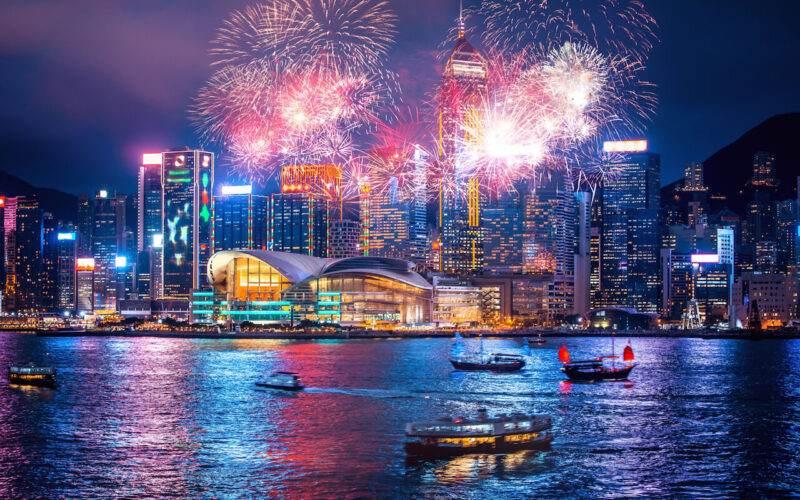After more than two years of adhering to some of the world’s toughest COVID-19 restrictions, Hong Kong is welcoming tourists back with a bang, with the government offering 500,000 free airline tickets in a bid to revive the island’s tourism.
The tickets, worth $254.8 million in total, were first purchased by the government in 2020. These will be given to go to global visitors, along with Hong Kong residents.
“Back in 2020, Airport Authority Hong Kong purchased around 500,000 air tickets in advance from the territory’s home-based airlines as part of a relief package to support the aviation industry,” a spokesperson from the Airport Authority Hong Kong (AAHK) told CNN.
The spokesperson added: “The purchase serves the purpose of injecting liquidity into the airlines upfront, while the tickets will be given away to global visitors and Hong Kong residents in the market recovery campaign.”
At the height of its stringent COVID-19 restrictions, the government required incoming travelers to spend 21 days in a hotel room at their own expense, with only Hong Kong residents permitted entry.
Hong Kong Airport was also known to regularly ban airlines that were found to have carried more than five passengers who tested positive for COVID-19.
The controversial airline banning policy has seen more than 100 flights banned in 2022 alone.
AAHK told CNN that further details about the free airline tickets will be announced once the necessary arrangements have been made with airlines.
Although Hong Kong has relaxed its entry rules, visitors, possibly including those who will be given free tickets, are still currently subject to the entry rules.
Incoming international travelers must submit a pre-flight vaccination certificate, alongside a negative PCR test and rapid antigen test, before entering.
Once they’ve been permitted to enter, visitors are required to undergo a three-day self-monitoring period, during which time they’re prohibited from eating in restaurants or visiting bars.
Moreover, visitors also need to complete PCR tests on days two, four and six after arrival, and a rapid antigen test every day for seven days.

